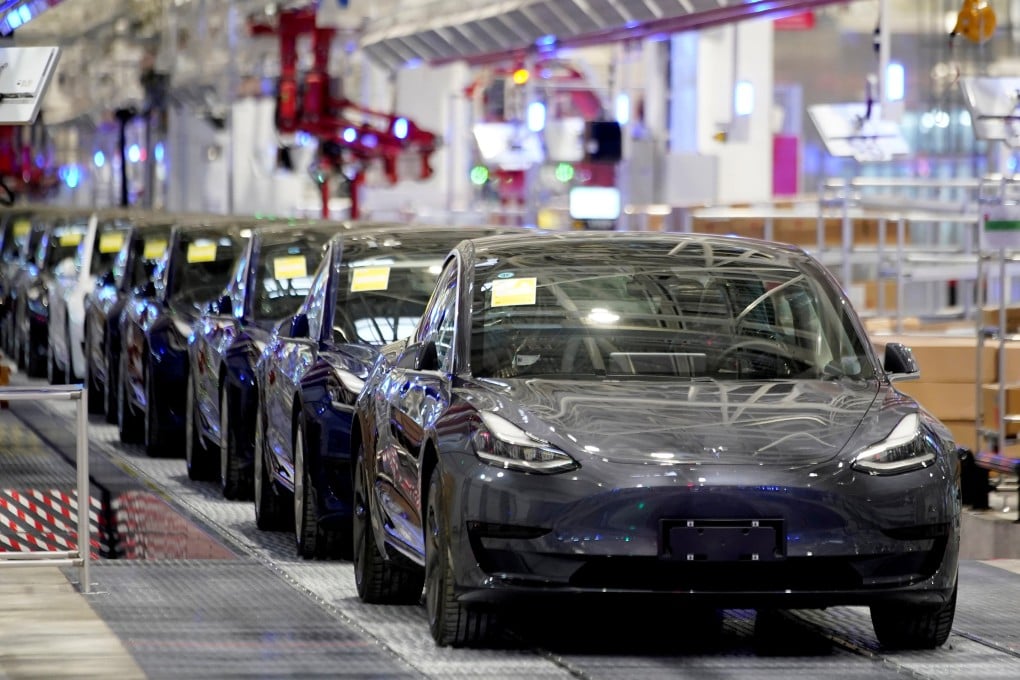Advertisement
Tesla’s Chinese suppliers rush to set up EV component plants in Mexico to support new ‘Gigafactory 6’
- Three executives with Chinese car part firms told the Post that they were invited by Tesla to build factories in Mexico
- ‘It is a win-win scenario,’ said Peter Chen, an engineer with car-parts maker ZF TRW in Shanghai
Reading Time:2 minutes
Why you can trust SCMP
4

Daniel Renin Shanghai
Chinese car component makers are rushing to build production plants in Mexico so they can supply parts to Tesla’s new factory in the Central American nation.
At least seven mainland-listed companies have already announced their plans to expand in Mexico after Elon Musk’s Texas-based carmaker started construction of the “Gigafactory 6” near Monterrey in May.
Three executives with Chinese car component firms told the Post that they were invited by Tesla to build factories in Mexico after the premium EV builder decided to set up the new facility.
Advertisement
That may be the tip of the iceberg.
Dozens of Chinese automotive supply-chain vendors, banking on the mainland’s design and manufacturing heft in the electric vehicle (EV) sector, will follow Tesla’s lead and localise their production in Mexico, according to industry officials.
Advertisement
Advertisement
Select Voice
Select Speed
1.00x
